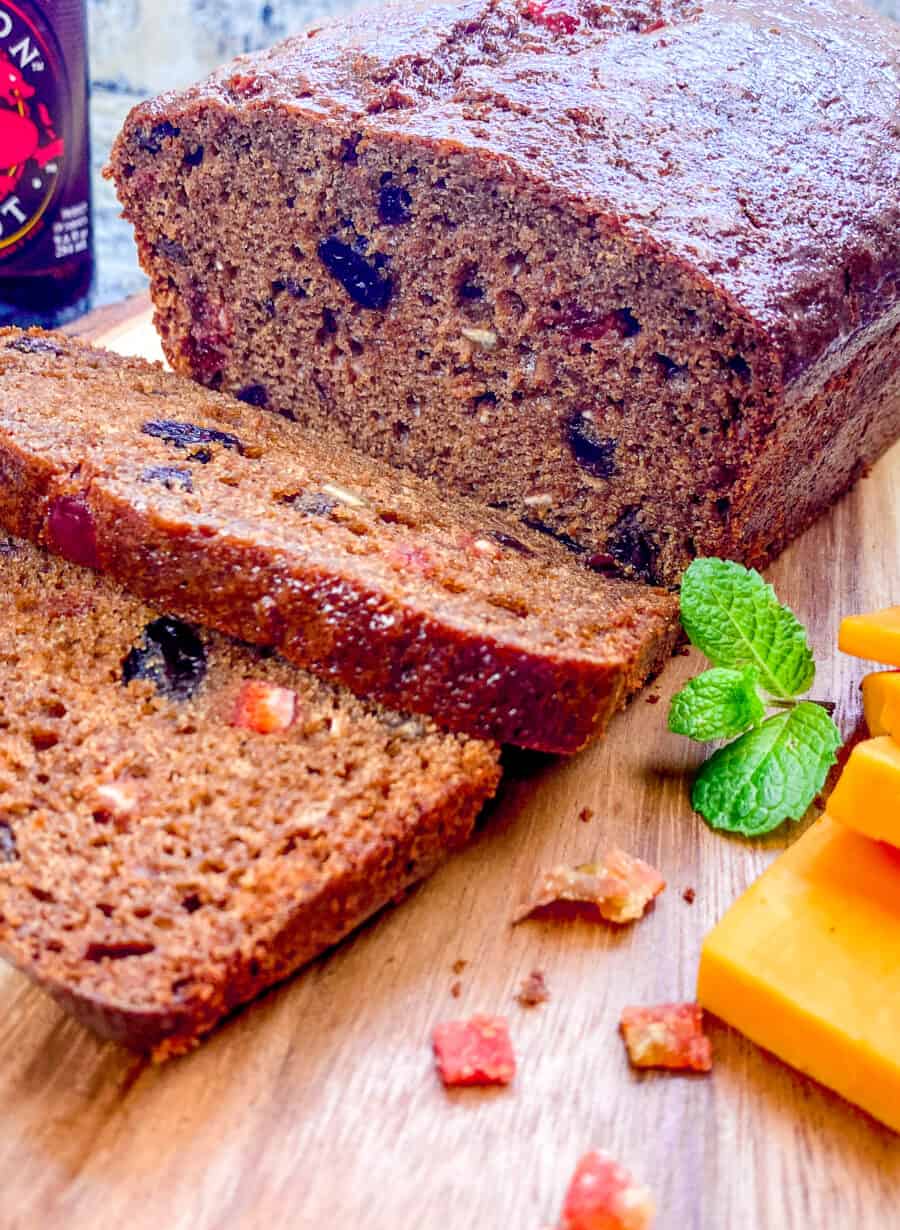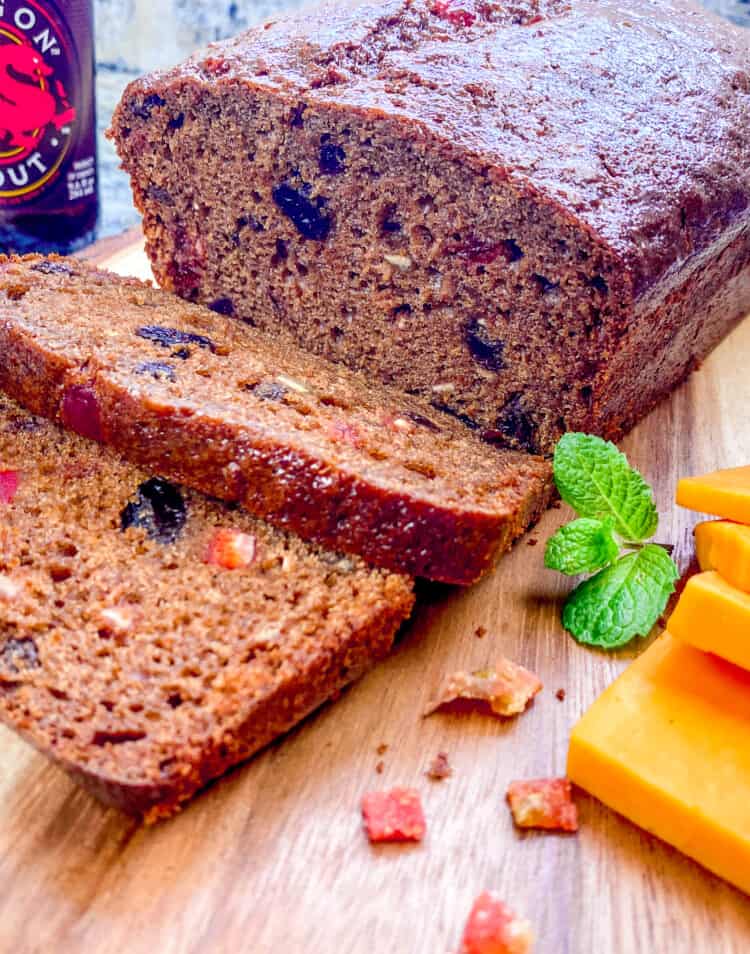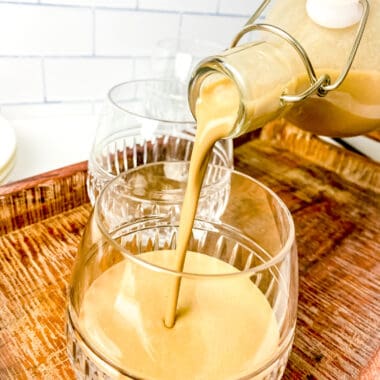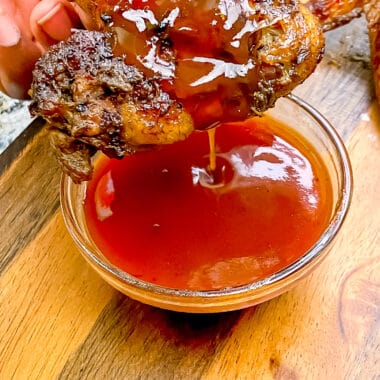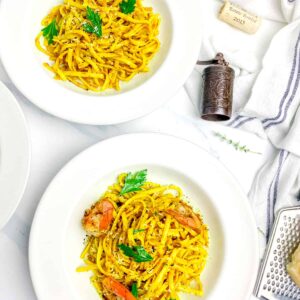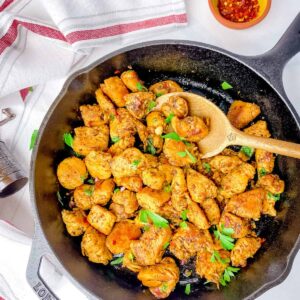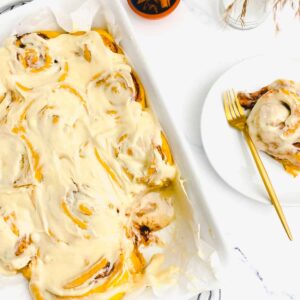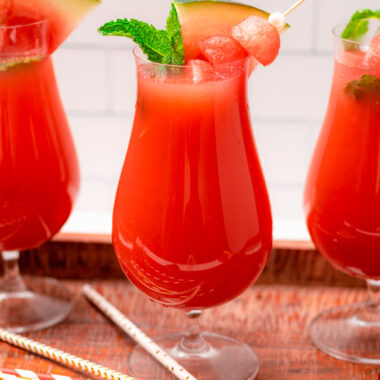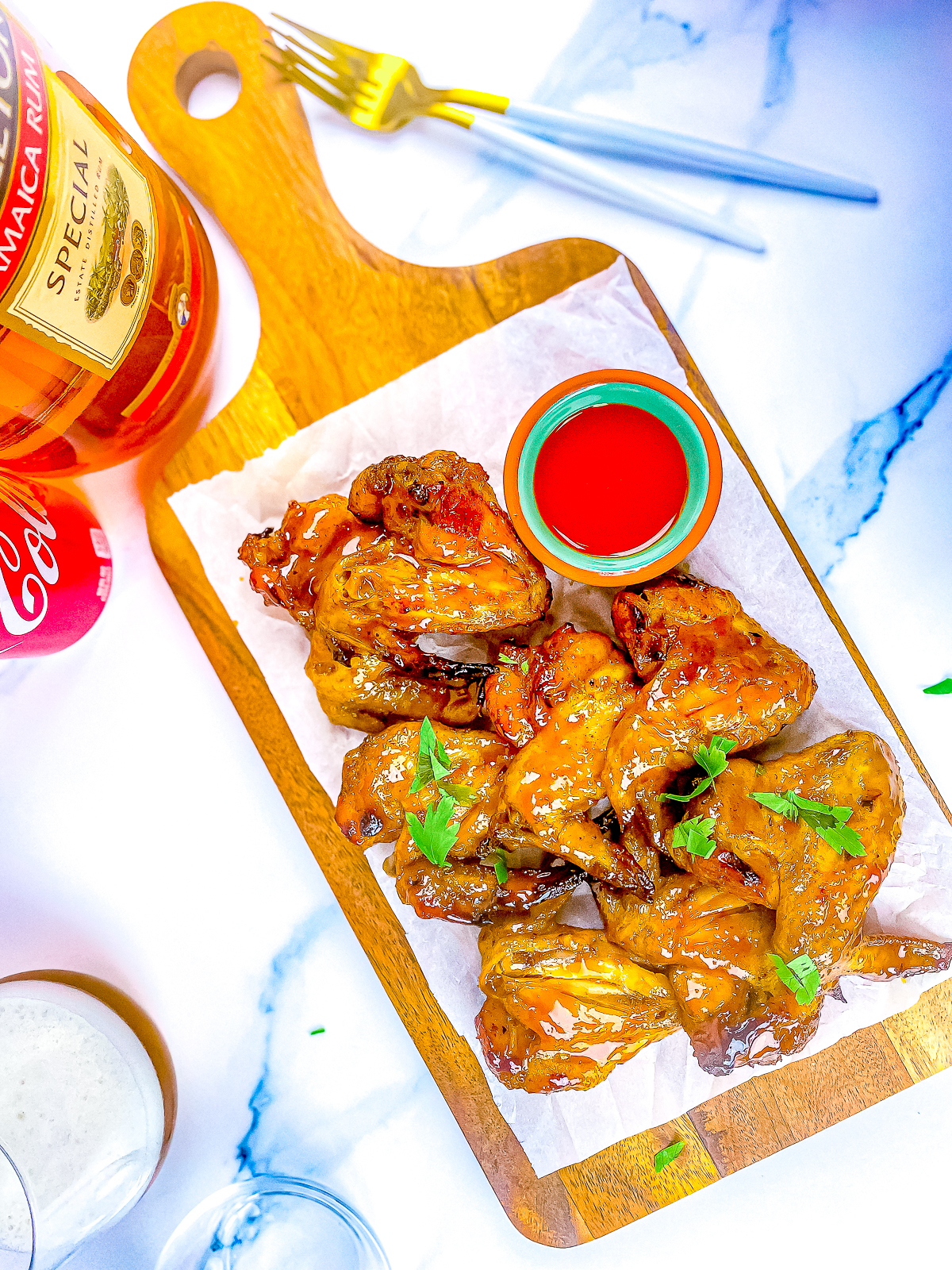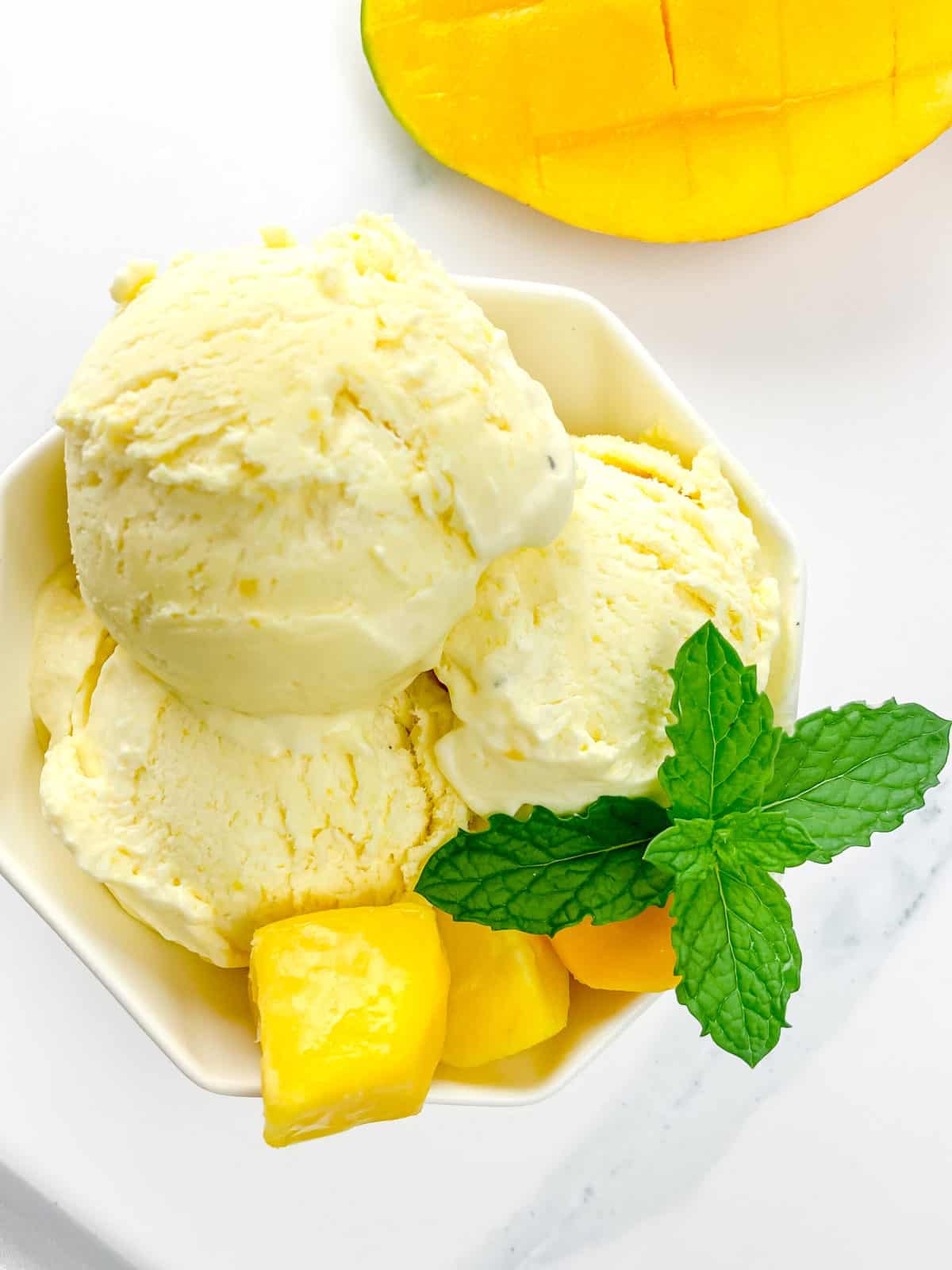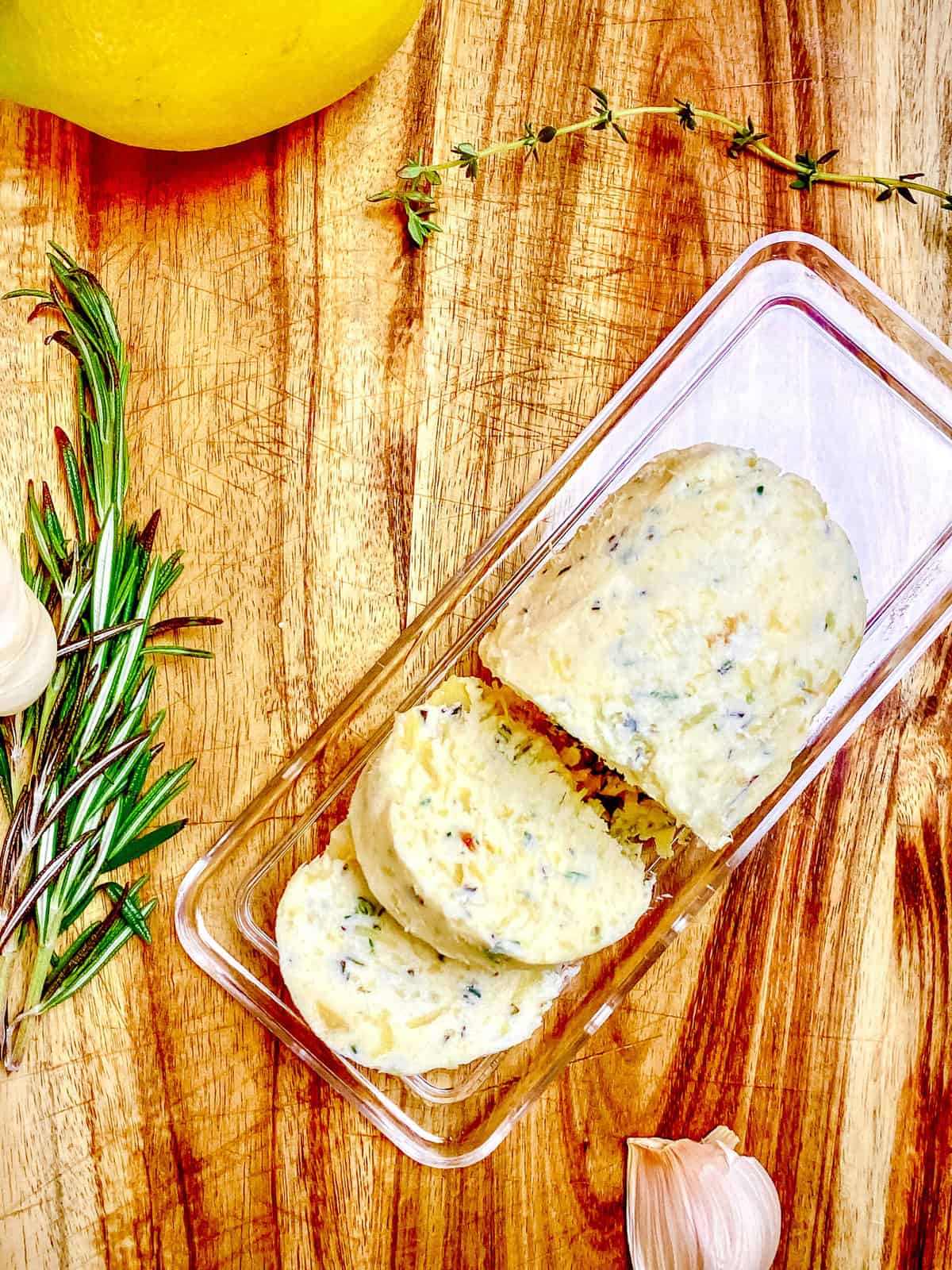This Jamaican Easter bun recipe produces a dark, rich, soft, and moist holiday bun that’s bursting with authentic flavor. It’s highly spiced with hints of cinnamon and nutmeg, and studded with raisins and cherries for a delicious fruity finish. Enjoy it as a snack or a delightful dessert.
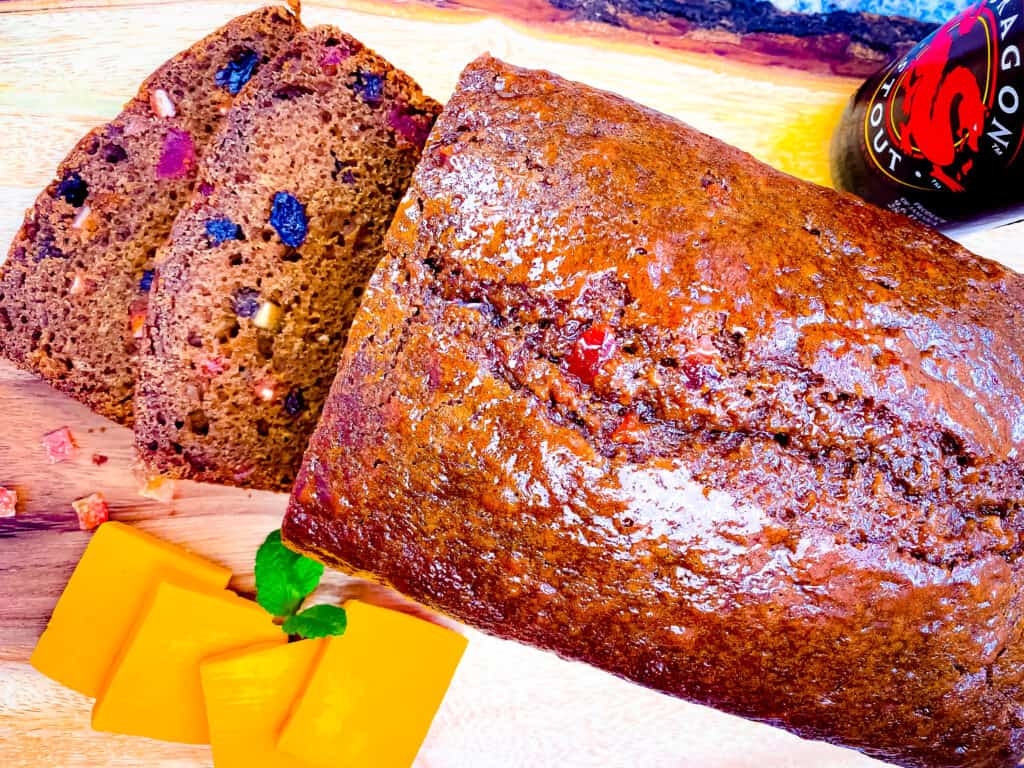
Introduction
Easter in Jamaica is all about spending quality time with your loved ones, attending church services, and of course, indulging in good food, including copious amounts of Easter bun. You simply can’t have a Jamaican Easter celebration in Jamaica without the most amazing Jamaican Easter Bun with a slice of “tin cheese” nestled between two slices – a match made in culinary heaven!
The spiced bun plays a central role in Jamaican Easter festivities. Although Easter bun is available all year round, there’s something magical about its taste during Easter, right? If you’re nodding along, drop a comment, and let’s share the excitement! The phenomenon is unexplainable.
I’ve tried many different brands over the years and love them all, but I must admit that there is a certain cultural pride that comes from baking your own Easter bun. Once you start baking your own bun, you simply cannot go back to store-bought.
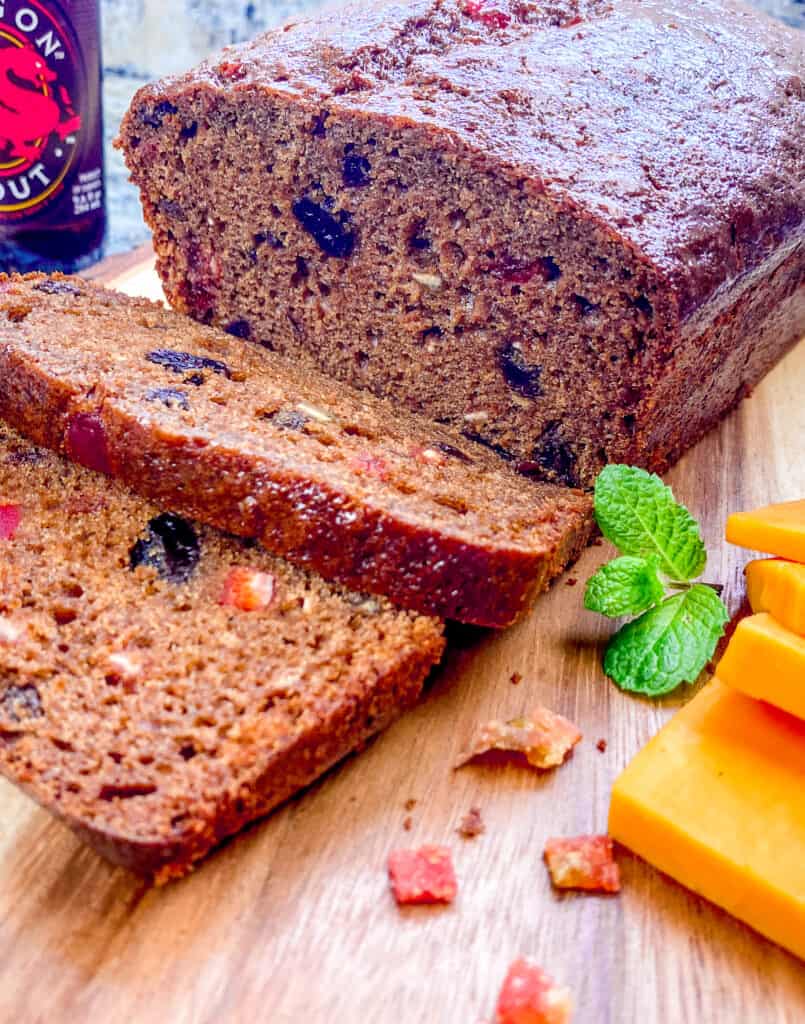
This year, you’ve decided to take the plunge and whip up a homemade Easter bun, or maybe you’re just on the hunt for a fresh, new recipe to try. Either way, you’ve come to the right place! I’m beyond excited to have you here and can’t wait to guide you through this foodventure step-by-step.
Trust me, once you’ve had a taste of this homemade Easter bun, you’ll be head over heels in love, and it’ll become your go-to recipe for years to come. I sincerely hope you’ll return and share your delightful experience with our lovely community in the comments, as well as share the recipe with your friends and family.
So, without further ado, let’s dive into this amazing Jamaican Easter Bun recipe!
Did you know that the Jamaican Easter Bun is technically classified as a quick bread or sweet bread, but is typically enjoyed as a snack or dessert in Jamaica? 😮
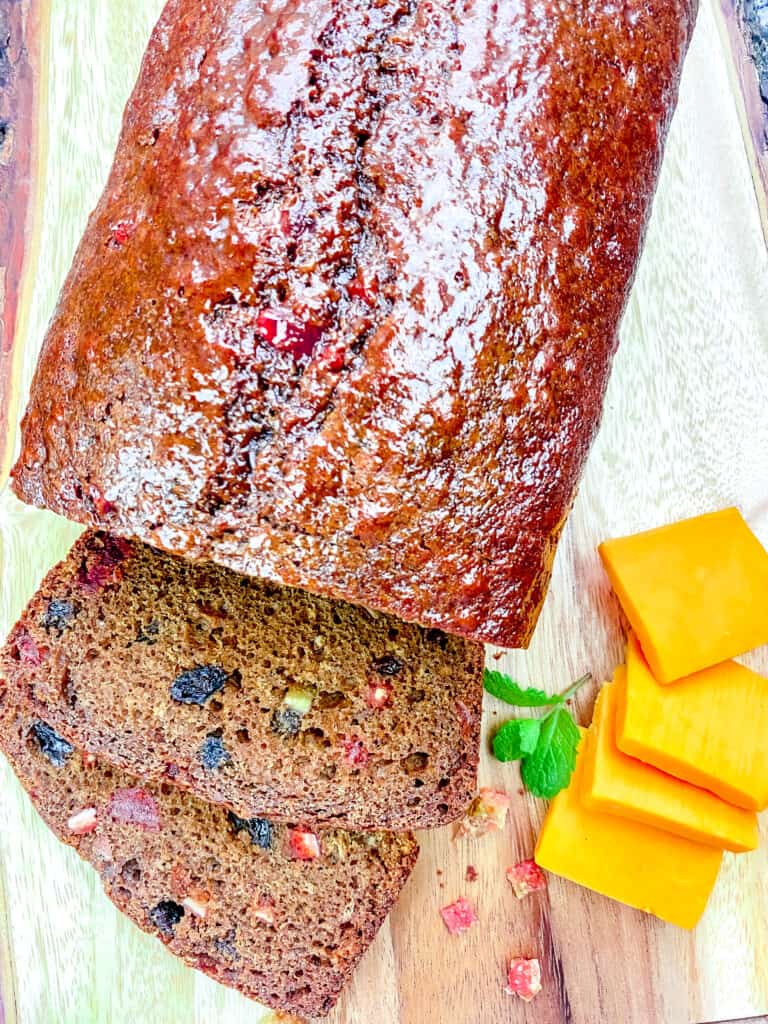
History of the Jamaican Easter Bun
Feasting on Bun and Cheese has its roots in the British tradition, dating back to the 1600s and 1700s. In the UK, the Brits would bake small, round, and slightly sweet buns called hot cross buns, complete with a cross etched on top. Sale and consumption of the buns were supposedly forbidden in England, except during specific times, one of which was Good Friday. The cross symbolized the crucifixion of Jesus.
The Jamaican Easter Bun is a direct descendant of the hot cross bun. When the British colonized Jamaica in the mid-1600s, they brought this tasty tradition along for the ride. Over the years, the bun transformed from a round-ish shape to a loaf, honey was swapped out for molasses, and dried fruits were added to the mix, giving it a uniquely Jamaican (and, let’s be honest, even yummier) twist.
No one is sure how cheese was added to the mix, but we’re not going to question the matter, because the combination just works! The Bun and Cheese combo simply works, and we couldn’t be more grateful! 🧀🥳
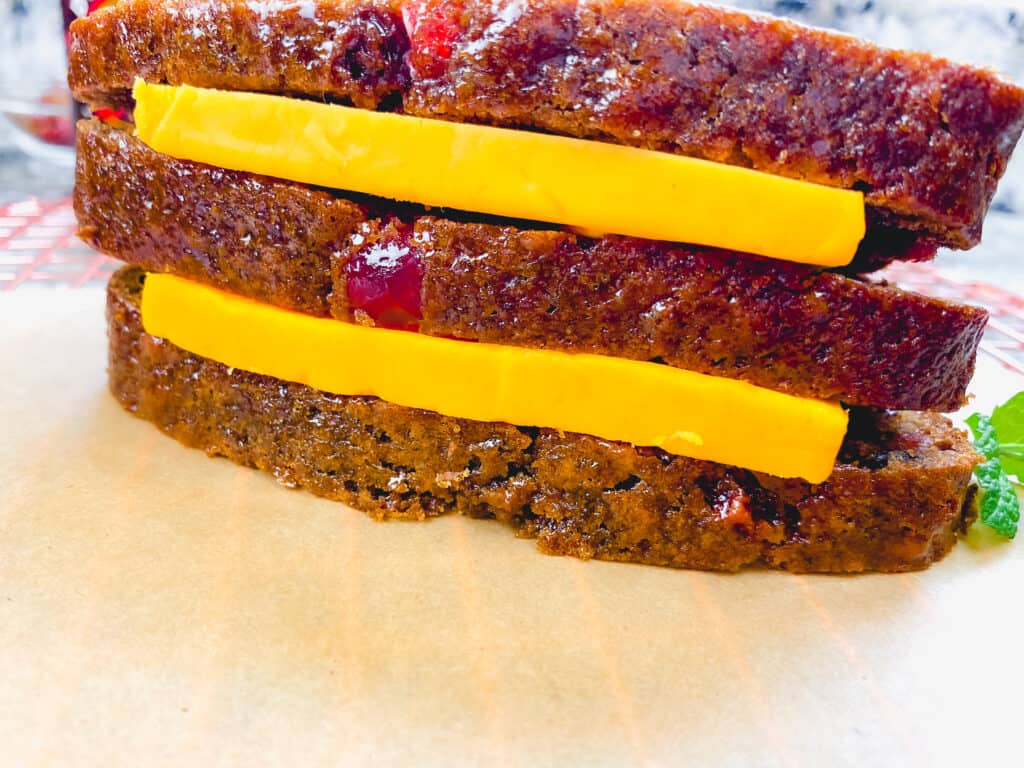
Tin Cheese: A Beloved Jamaican Staple
Tin cheese is a hard, salty, yellow cheese that originates from Jamaica and is a beloved staple in Jamaican cuisine. The name “tin cheese” comes from the fact that it used to be sold in small tin cans, although it is now commonly sold in plastic packaging.
Produced by Dairy Industries Jamaica Limited, tin cheese has a sharp, tangy flavor that pairs perfectly with the sweetness of Jamaican Easter Bun. It is traditionally sliced thinly and nestled between two slices of the bun, creating a delicious sweet and salty flavor combination. And as a bonus, struggling to get the cheese out of the can is all part of the tin cheese experience!
🫠Getting tin cheese out of the can is like trying to get a cat out of a tree – a little tricky, but totally worth the effort!
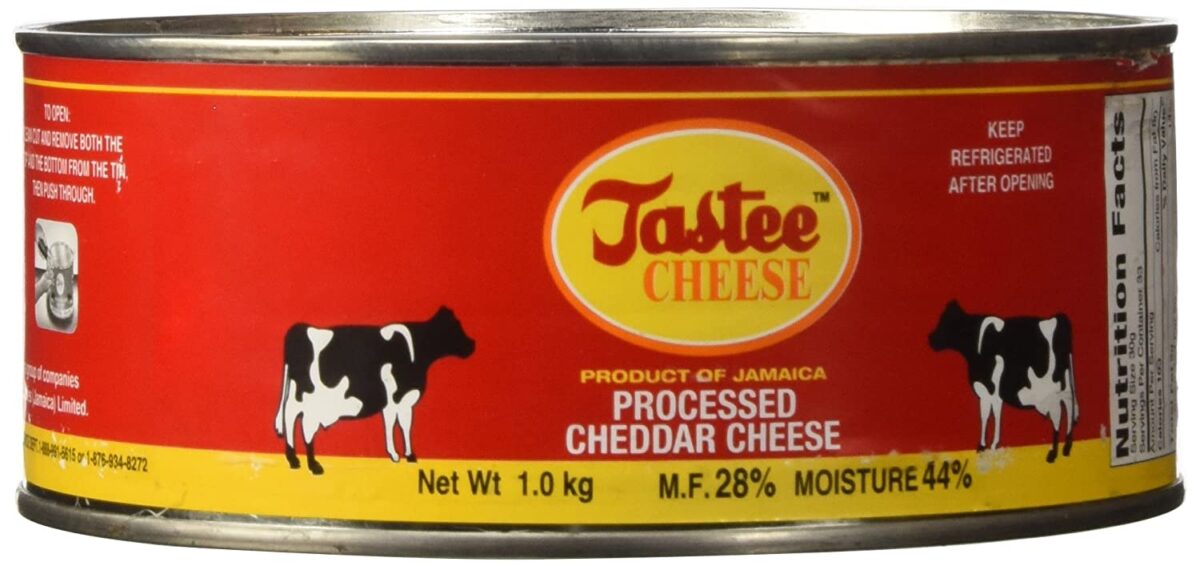
The Origins and Production
The origin of tin cheese in Jamaica can be traced back to the colonial period when British settlers brought cheddar cheese to the island. Over time, Jamaican cheese makers began to create their own version of cheddar, which eventually evolved into the unique and beloved product known as tin cheese.
Tin cheese is produced by a variety of small-scale producers across the island using traditional methods. One of the most popular brands of tin cheese is Tastee Cheese, which is produced by Dairy Industries Jamaica Limited, a Jamaican company that was founded in 1964.

Availability
While “tin cheese” is not widely available outside of Jamaica, it can be found in some Caribbean or West Indian grocery stores in other countries. Additionally, “tin cheese” can also be purchased online through retailers such as Amazon, making it more accessible to those outside of Jamaica. It’s a must-try for anyone looking to experience the full range of Jamaican cuisine.
Whether you’re in Jamaica or trying to recreate a taste of the island abroad, adding a slice of “tin cheese” to your Jamaican Easter Bun is a must-try for anyone looking to experience the full range of Jamaican cuisine.
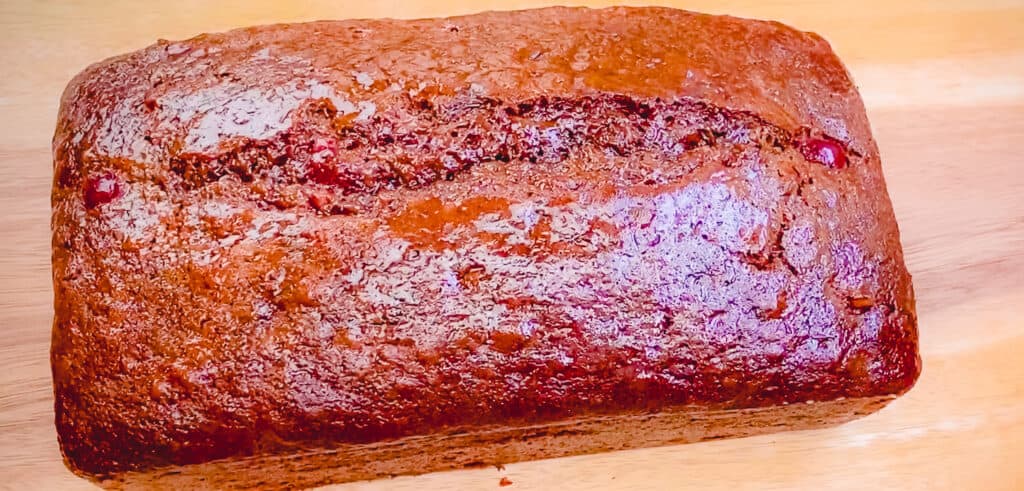
Dragon Stout vs Guinness Stout: Which One Is Better for Jamaican Easter Bun?
When it comes to brewing stouts, both Jamaica’s Dragon Stout and Ireland’s Guinness Stout are renowned for their unique flavors and aromas. While Dragon Stout is a moderately sweet stout with a dark color and a touch of roastiness, Guinness Stout is known for its crisp roasted notes and bittersweet finish.
Despite their differences, both stouts bring a rich complexity to baked goods, with subtle cocoa notes and a strong malt flavor. So, which one is better for your Jamaican Easter Bun recipe? The choice ultimately comes down to personal preference.
For those who are new to dark beer, Dragon Stout’s light carbonation and sweet taste make it an excellent choice. Meanwhile, those who prefer a crisper mouthfeel and sharper hop bite may prefer Guinness Stout. And for a non-alcoholic option, you can use a malta beverage instead. Don’t miss out on the opportunity to take your Jamaican Easter Bun to the next level with these rich stouts!
Other Recipe Featuring Stout

Mixed Spice vs Allspice: What Sets These Popular Spices Apart
Mixed Spice is a versatile British spice blend that has been used in Christmas baking for centuries, offering a warm, sweet-spicy flavor and aroma that works well in both sweet and savory dishes. This popular blend is made up of a combination of spices, including cinnamon, allspice, nutmeg and/or mace, cloves, ginger, and coriander.
In contrast, Allspice (also known as pimento seeds in the Caribbean) is a single spice that comes from the dried berries of the Pimenta dioica tree. Its flavor is complex and multidimensional, featuring notes of cloves, nutmeg, star anise, fennel, black pepper, and cinnamon. While allspice is not a spice blend, its unique and distinct flavor is entirely different from that of the mixed spice blend.
How To Make A Homemade Mixed Spice
Ingredients
- 1 tablespoon allspice berries
- 2 cinnamon sticks (broken into small pieces)
- 1 1/2 whole nutmeg
- 1 teaspoon whole mace
- 12 pieces whole cloves
- 1 teaspoon coriander seeds
- 1 teaspoon dried ginger
Instructions
How To Toast Whole or Ground Spices
- Place the whole spices in a dry skillet over medium-low heat. Stir frequently until they become very fragrant and darken slightly. This shouldn’t take more than a few minutes; be sure to watch carefully to prevent burning.
- Immediately transfer the heated spices to a dish to cool. Leaving them in the hot pan could cause them to burn.
- Once cooled, grind the spices using an electric coffee grinder or a mortar and pestle. You can grind them to a coarse or fine powder, depending on your preference.
Ground spices last up to 6 month – they start to lose potency after 6 months.
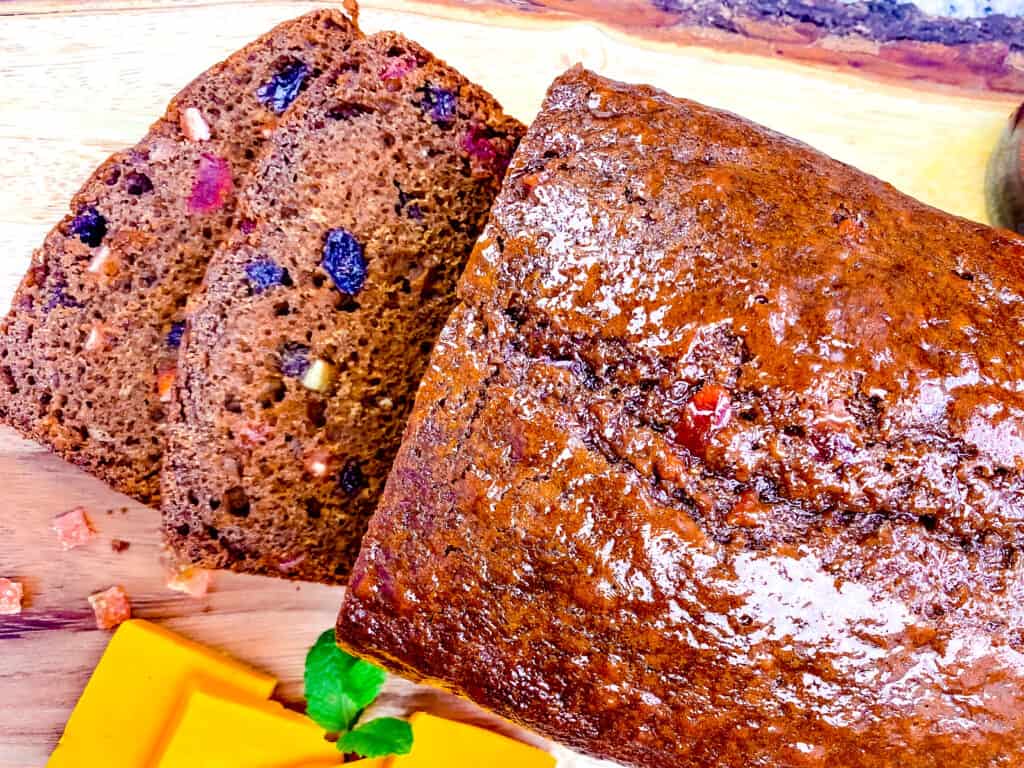
Mixed Peel 101: Understanding the Versatile Citrus Ingredient
Mixed peel refers to citrus peels or rinds that have been cooked in a sugary syrup. Though lemon and orange peels are commonly used, you’re not limited to just these two. The sweetness of the syrup counteracts the strong citrus taste, making mixed peel perfect for baking.
Creating your mixed peel at home is simple, and you can use a variety of citrus fruits, such as oranges, lemons, limes, tangerines, or grapefruit, either individually or in combination.

How To Make Mixed Peel
To create your mixed peel at home, follow this simple recipe:
Ingredients
- 2 medium-sized citrus fruits of your choice (oranges, lemons, limes, tangerines, or grapefruit)
- Cold water, enough to cover the peels in the saucepan
- 1/2 cup sugar
- 1/2 cup water (for the simple syrup)
Instruction
- Choose your citrus fruits (oranges, lemons, limes, tangerines, or grapefruit) and wash them thoroughly.
- Using a sharp knife or vegetable peeler, remove the outer peel, avoiding the white pith as much as possible.
- Cut the peels into thin strips or small pieces, according to your preference.
- Place the peels in a saucepan, cover with cold water, and bring to a boil. Drain the peels and repeat this process twice more to remove any bitterness.
- In a separate saucepan, create a simple syrup by combining equal parts sugar and water (e.g., 1 cup sugar and 1 cup water). Heat gently until the sugar dissolves, then bring to a boil.
- Add the drained citrus peels to the boiling syrup and reduce the heat to a simmer. Cook for about 45 minutes to an hour, or until the peels become translucent.
- Drain the peels and spread them out on a wire rack or parchment paper to dry, preferably overnight. Toss the dried peels in granulated sugar, if desired, for extra sweetness and texture.
Now you have a homemade mixed peel, ready to be used in your favorite recipes!
These measurements should provide you with around 1 cup of mixed peels for use in your recipes. Keep in mind that the final yield may vary slightly depending on the size of the fruits and the thickness of the peels.

Why Soaking Fruits Matters: Creating the Ultimate Easter Bun Experience
Soaking the fruits serves several purposes in recipes like the Easter Bun:
- Flavor enhancement: Soaking the fruits in wine, fruit juice, or other flavorful liquids allows them to absorb the flavors of the soaking liquid, which enhances the overall taste of the final baked product.
- Texture improvement: Dry fruits, like raisins and mixed peel, can be quite tough and chewy. Soaking them in liquid helps to soften and plump them up, improving their texture in the finished dish. This results in a more pleasant mouthfeel when you bite into the baked goods.
- Moisture retention: When soaked fruits are added to the batter, they release some of the absorbed liquid during the baking process. This additional moisture helps keep the Easter Bun moist and tender, preventing it from becoming dry.
By soaking the fruits before adding them to the batter, you ensure that your Easter Bun will have a better flavor, texture, and moisture content.
📌If you’re pressed for time, you can also simmer the fruits in wine for about 10-15 minutes instead of soaking them overnight. This will help to soften them and infuse them with flavor more quickly. Let the mixture cool before adding to the batter.
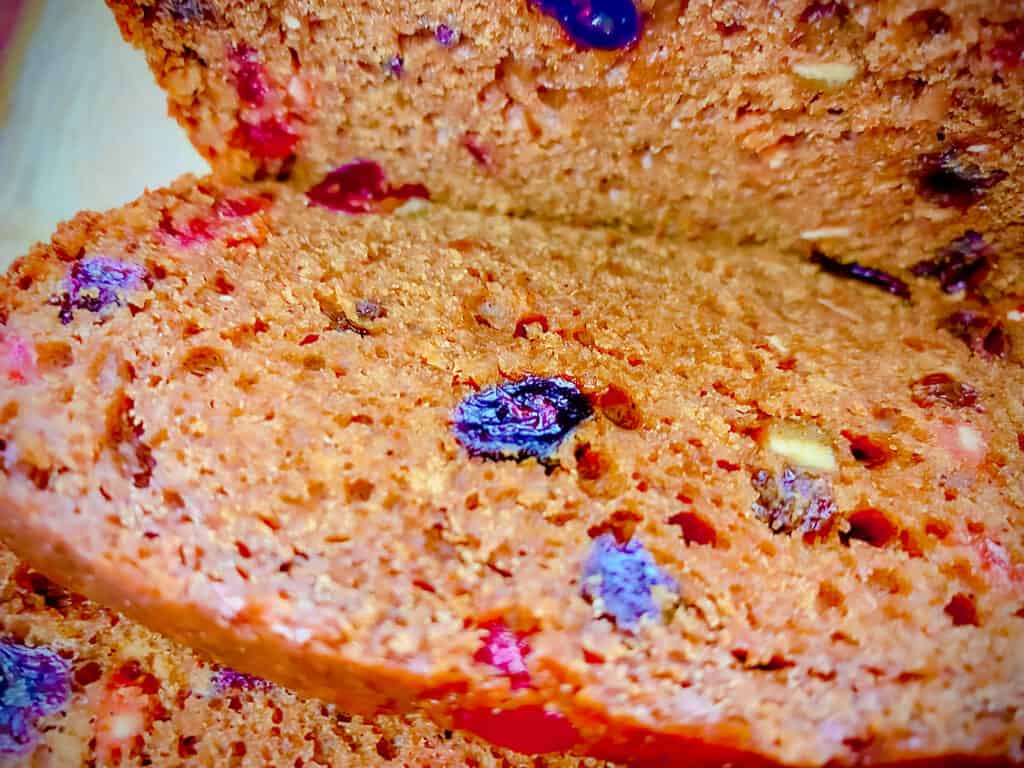
12 Common Easter Bun Baking Mistakes and How to Avoid Them
- Using cold ingredients: Make sure all your ingredients, especially the butter, eggs, and milk, are at room temperature before you start mixing the batter. This will ensure that they combine evenly and create a smooth batter.
- Over-mixing the batter: Over-mixing the batter can cause the gluten to develop too much, resulting in a tough, dense bun. Mix the batter until the ingredients are just combined, and then stop.
- Using expired baking powder or baking soda: Expired leavening agents can result in a dense, heavy bun. Check the expiration dates on your baking powder and baking soda and replace them if they’re expired.
- Skipping the step of soaking the dried fruits: Soaking the dried fruits in red label wine, port wine, or fruit juice is crucial for a moist and juicy bun. Skipping this step can result in dry and chewy fruits in your bun. Learn more about why soaking the fruits is important here.
- Not adjusting the liquid content when making substitutions: When making substitutions for ingredients like sugar, eggs, or butter, make sure to adjust the liquid content in the recipe accordingly. This will ensure the right consistency and texture of the batter.
- Not using quality ingredients: For the perfect Jamaican Easter Bun, use fresh, high-quality ingredients. The quality of your ingredients can make all the difference in the flavor and texture of the finished product.
- Baking at the wrong temperature: Make sure to preheat your oven to the correct temperature before baking. If the oven temperature is too low, the bun may not rise properly, and if it’s too high, the outside may burn before the inside is fully cooked.
- Not preparing the pan properly: To prevent the bun from sticking and to make for easy removal once it’s baked, there are various ways to prepare your baking pan.
- Baking for too long or too short: Be sure to check the bun at the minimum baking time recommended in the recipe, as ovens can vary in temperature. To make sure your Easter bun is cooked through, insert a skewer or toothpick into the center. If it comes out clean or with just a few crumbs, your bun is ready.
- Using the wrong flour: If you’re making a gluten-free Easter Bun, be sure to use a gluten-free all-purpose flour substitute that includes a binding agent like xanthan gum. Using the wrong flour can result in a crumbly and dry bun. doneness.
- Not letting the bun cool before slicing: Letting the bun cool before slicing allows the flavors to develop and prevents the bun from falling apart. Allow the bun to cool for at least 15-20 minutes before slicing
- Storing improperly: To keep your homemade Easter bun fresh and moist, wrap it tightly in plastic wrap or aluminum foil and store it in an airtight container on the kitchen counter for up to 7 days. Alternatively, you can store it in the fridge for up to 14 days. The flavor of the bun deepens over time, so baking it at least 2 days before serving is recommended.
By avoiding these common mistakes, you can ensure that your Easter Bun turns out moist, flavorful, and delicious.

Tips for Preparing Your Baking Pan for the Perfect Easter Bun
When it comes to baking homemade Easter Buns, preparation is key to ensure that your buns come out perfectly every time. While the recipe recommends the butter and parchment paper method, there are other ways to prepare your baking pan as well. Here are some alternative methods to try:
- Baking Spray: Using a baking spray is an easy and convenient way to grease your pan. Simply spray the inside of the pan with baking spray, making sure to get all the corners and edges. This method ensures an even coating on the pan and saves time.
- Oil and Flour: If you don’t have baking spray, you can use a pastry brush to coat the inside of the pan with vegetable oil or melted butter. Dust the pan with flour, shaking out the excess. This method ensures the bun won’t stick to the pan and provides a crisp exterior.
- Parchment Paper Only: Instead of greasing the pan, you can line it entirely with parchment paper. Cut a piece of parchment paper that fits the bottom and sides of the pan, leaving extra paper hanging over the edges for easy removal.
- Baking Sling: A baking sling is a strip of parchment paper or aluminum foil that is placed in the pan before adding the batter. The sling makes it easy to lift the bun out of the pan once it’s cooled. To make a baking sling, cut a piece of parchment paper or aluminum foil that is long enough to hang over the edges of the pan. Fold the paper or foil in half lengthwise to create a strip that is about 2 inches wide. Place the strip in the pan so that the ends hang over the sides.
Choose the method that works best for you and the materials you have on hand. By using these alternative ways to prepare your baking pan, you can ensure a perfect Easter Bun every time.

Ingredients Rundown
| Category | Ingredient and Role |
|---|---|
| Baking Ingredients | All-purpose flour provides structure to the bun. |
| Dairy Products | Butter used for greasing the pan and as part of the Easter bun, adds flavor and moisture to the recipe. It also adds richness and shine to the glaze. Salted or unsalted works. Use real butter when possible, not margarine. Egg at room temperature (beaten): binds ingredients together and adds moisture. |
| Dried Fruits | Raisins (soaked): adds sweetness and texture to the bun. Mixed peel (soaked) or orange/lemon zest + honey/sugar or orange jam/marmalade: adds citrus flavor and sweetness to the bun. |
| Garnish | Candied/glace cherries (chopped): adds a decorative touch and sweetness to the bun. |
| Spices | Ground nutmeg adds a warm, sweet, and slightly spicy flavor to the bun. Ground cinnamon adds a warm, sweet, and slightly woody flavor to the bun. Ground ginger adds a warm, spicy, and slightly sweet taste to the bun. Ground mixed spice (not allspice) adds a combination of flavors from various spices, such as cinnamon, cloves, and nutmeg, adding depth and complexity to the bun. |
| Seasoning | Salt enhances the flavors of the other ingredients. |
| Extracts | Vanilla extract adds a sweet and aromatic flavor to the buns Rose water (optional): adds a subtle floral note to the bun. |
| Leaveners | Baking powder, and baking soda act as leavening agents, and help the bun rise. |
| Alcohol | Dragon or Guinness stout adds a rich, malty flavor to the buns (substitutes: malt beverage) Red-Label wine or port wine adds a fruity and slightly tangy flavor to the buns. Use fruit juice as a non-alcoholic alternative. |
| Sugars and Sweeteners | Brown sugar adds sweetness to the bun. Unsulphured Molasses adds sweetness and a rich flavor to the buns. Honey or maple syrup: sweetens the bun and adds moisture. It also adds sweetness and a glossy finish to the bun. Either option works. Guava or strawberry jam: adds flavor and sweetness to the bun. Either option works. |
| Oils | Neutral vegetable oil is used to keep the buns moist and tender during baking. |
| Other Liquid | Browning gives Jamaican Easter Bun its signature dark color and enhances its flavor by adding a slight sweetness and bitterness to the mixture. It is an essential ingredient in the recipe. Another option is is to use a small amount of caramelized sugar or burnt sugar. |
| Other | Parchment paper is used to line the baking pan for easy removal of the bun. |
Grocery List Generator

Ingredients To Make This Jamaican Easter Bun
For the Baking Pan
- 1 sheet parchment paper for lining the pan
- 1 teaspoon butter for greasing the pan (soften)
For the Easter Bun
- 1 bottle Dragon or Guinness stout (you can use malta beverage as a non-alcohol option)
- 2 tablespoons butter
- 2 tablespoons neutral vegetable oil
- 1 tablespoon guava or strawberry jam
- 1 tablespoon unsulphured molasses
- 1 tablespoon browning
- 1 teaspoon vanilla extract
- 1-1 1⁄2 cups packed brown sugar
- 1⁄2 cup honey or maple syrup
- 3 cups all-purpose flour
- 1 tablespoon ground mixed spice (not allspice)
- 1⁄2 teaspoon salt
- 1 teaspoon ground cinnamon
- 1 tablespoon baking powder
- 1 tablespoon baking soda
- 1 teaspoon ground nutmeg
- 1 teaspoon ground ginger
- 1⁄2 cup red label wine, port wine (or fruit juice)
- 1⁄2 cup raisins (soaked)
- 1⁄2 cup mixed peel (soaked) or 2 1/2 teaspoons orange or lemon zest + 1 teaspoon honey or sugar or 2 tablespoons orange jam or marmalade.
- 1⁄4 cup candied/glace cherries (soaked & halved) + a few more pieces for garnish
- 1 medium egg at room temperature (beaten)
- 1⁄2 tablespoon rose water (optional)
For The Glaze
- 1 tablespoon butter melted and cooled
- 1 tablespoon honey, maple syrup, or agave

Preparations
- Preheat the oven to 320°F (160°C).
- Grease a 12″x4″x3″ loaf pan with 1 teaspoon of butter and line the bottom with a piece of parchment paper cut to fit. Set it aside.
- In a small saucepan over low heat, combine the stout (or malta), 3 tablespoons of butter, oil, guava jam, molasses, browning, vanilla extract, sugar, and honey (maple syrup or agave). Stir occasionally until the sugar granules have dissolved and the mixture is smooth. Remove from heat and let it cool.
- In a large mixing bowl, sieve together the flour, mixed spice, salt, cinnamon, baking powder, baking soda, nutmeg, and ginger. Use a whisk to aerate and combine all the dry ingredients.
- Make a well in the middle of the bowl with the dry ingredients and gradually add the cooled stout mixture to the dry ingredients. Fold to combine. Repeat until all the stout mixture has been incorporated into the dry ingredients. Be careful not to over-mix.
- Drain the soaked mixed peel and raisins and cherries, and stir them into the batter.
- Add the beaten egg, and rose water (if using), mixing until fully incorporated.
- Pour the batter into the prepared loaf pan, smoothing the top with a spatula. Line the remaining chopped cherries in a single line down the center of the loaf from front to back. Press them gently into the batter.
- Gently knock the pan on the counter to remove any air bubbles.
- Bake for 60-75 minutes, or until a toothpick inserted into the center comes out clean. If the top begins to darken too quickly, cover it with aluminum foil.
- Remove from the oven and let the loaf cool in the pan for 10 minutes. Then, transfer to a wire rack to cool completely.
- To make the glaze, combine 2 tablespoons of honey with 2 tablespoons of melted butter in a small bowl.
- Use a pastry brush to apply the glaze evenly over the surface of the cooled bun.
- Allow the glaze to set before slicing and serving.
For the Glaze:
- In a small bowl, combine 2 tablespoons of honey with 2 tablespoons of melted butter.
- Use a pastry brush to apply the glaze evenly over the surface of the cooled bun.
- Allow the glaze to set before slicing and serving.
How to Prepare Your Baking Pan
- Cut a piece of parchment paper to fit the bottom of the pan.
- Place the parchment paper on a flat surface and place the baking pan on top of it.
- Use a pen or marker to trace the outline of the bottom of the pan onto the parchment paper.
- Cut the parchment paper along the traced line.
- Grease the inside of the baking pan with butter.
- Place the parchment paper cutout into the bottom of the pan and use your fingers to smooth it down so it adheres to the pan.
Need the full, printable recipe? No problem! Just check out the recipe card below for all the ingredients, measurements, and instructions you’ll need. And if you prefer to have a visual guide, we’ve got you covered with a recipe video that will walk you through the process step by step.
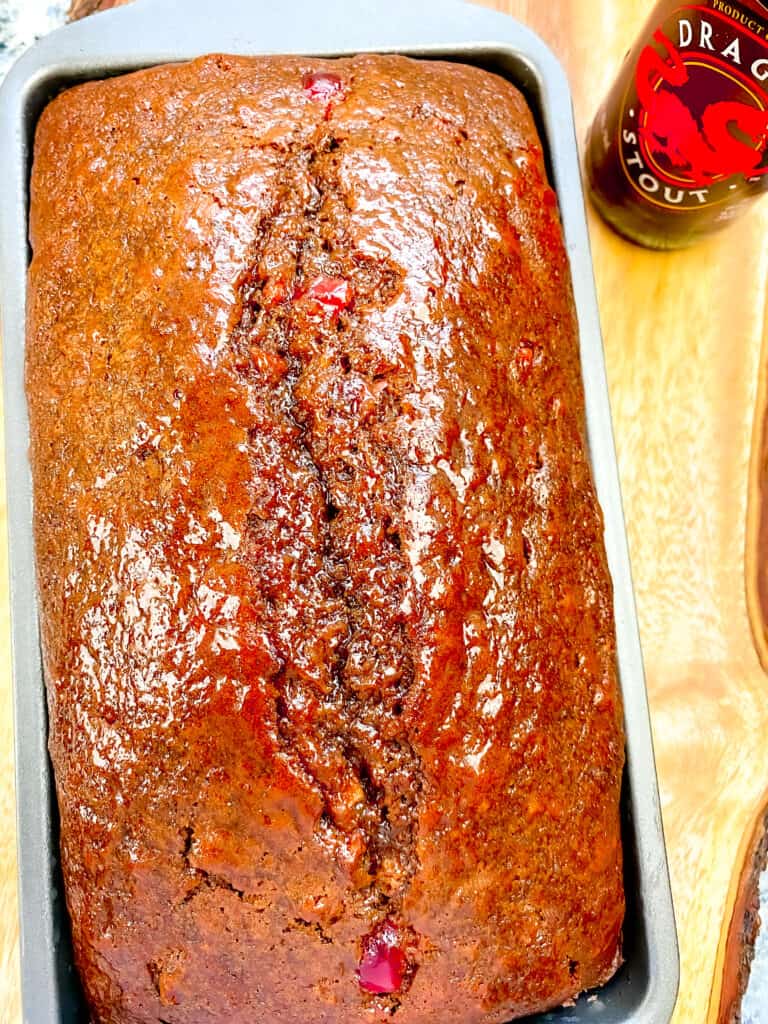
Easter Bun Task Breakdown
| Task | Time |
|---|---|
| Soaking mixed peel and raisins | 2-4 hours or overnight |
| Preparing the baking pan | 5 minutes |
| Preheating the oven | 10-15 minutes |
| Combining and heating liquid ingredients | 10 minutes |
| Cooling the liquid mixture | 5 minutes |
| Combining the dry and liquid ingredients | 5 minutes |
| Baking the Easter Bun | 60-75 minutes |
| Cooling the loaf | 10 minutes (in the pan) + 20-30 minutes (on a wire rack) |
| Preparing and applying the glaze | 5 minutes |
| Allowing the glaze to set | 5 minutes |
- Active time: 45-50 minutes
- Baking time: 60-75 minutes
- Soaking time: 2-4 hours or overnight
- Total time: Approximately 3-6 hours, or up to a day (if soaking fruits overnight)
Please note that these times are approximate and may vary depending on individual preparation speed, oven preheating times, and other factors.
Jamaican Easter Bun Recipe Video
How Many Calories are in Jamaican Easter Bun: A Nutritional Breakdown
| Nutrient | Amount |
|---|---|
| Calories | 408 kcal |
| Total Fat | 14.4 g |
| Saturated Fat | 5.4 g |
| Trans Fat | 0 g |
| Cholesterol | 30 mg |
| Sodium | 420 mg |
| Total Carbohydrates | 62.4 g |
| Dietary Fiber | 1.2 g |
| Sugars | 36 g |
| Protein | 4.8 g |
| Vitamin D | 0.1 mcg |
| Calcium | 96 mg |
| Iron | 2.4 mg |
| Potassium | 192 mg |
This is an estimated nutrition label, and individual results may vary depending on specific ingredients and the serving sizes used.

Recipe FAQS
I recommend that you make the Easter Bun at least 1-2 days in advance to allow the flavors to meld and develop fully, similar to a Jamaican fruit cake which is also traditionally made ahead of time for optimal flavor. Once the bun has fully cooled, wrap it tightly in plastic wrap or foil and store it in an airtight container at room temperature. It should stay fresh for up to 1 week.
If you want to keep it for longer, you can freeze it for up to 2 months. To thaw, simply leave it at room temperature for a few hours or overnight.
So go ahead and make your Easter Bun ahead of time to save yourself some stress on the day of your celebration!
You can make it up to a week in advance and store it in an airtight container in the refrigerator or freezer until you’re ready to serve. Just be sure to wrap it tightly in plastic wrap or aluminum foil to prevent it from drying out.
Instead of soaking the dried fruit in juice or wine, you can try soaking them in rum, brandy, or whiskey for a boozy twist on the traditional recipe. Just be sure to soak the fruit for no more than 24 hours to prevent it from becoming too potent. Experiment with different types of alcohol and ratios to find the perfect blend for your taste.
To make a traditional Jamaican Easter Bun, you’ll need a combination of flour, spices like nutmeg, cinnamon, and ginger, as well as dried fruits like raisins, mixed peel, and cherries. You’ll also need stout or beer, honey or molasses, and browning. Check out my recipe for step-by-step instructions!
it typically includes stout, honey or molasses, browning, flour, sugar, spices such as nutmeg, cinnamon, ginger, mixed peel, raisins, and cherries.
Yes, you can make a vegan, gluten-free, or low-sugar version of the Jamaican Easter Bun by substituting certain ingredients. For a gluten-free option, you can use gluten-free flour or almond flour instead of all-purpose flour. For a vegan version, you can use plant-based milk and vegan butter instead of dairy products. Additionally, for a low-sugar version, you can use a natural sweetener like honey or maple syrup instead of brown sugar. Head to the variations section for more information on achieving these alternative options.

Substitutions
Substitute non-alcoholic malt beverage as a replacement for stout.
Yes, substitute with gluten-free all-purpose flour or almond flour for a gluten-free version.
Substitute mixed peel with orange or lemon zest. In a pinch, you can also use orange jam or marmalade. You can also leave it out.
Yes, you can use coconut oil or vegetable oil instead of butter in the Jamaican Easter Bun. Keep in mind that using oil instead of butter may slightly alter the texture and flavor of the bun, but it should still turn out delicious. When substituting, use the same amount of oil as you would butter. Typically, 1 tablespoon of butter can be replaced with 1 tablespoon of oil. Since the recipe calls for 2 tablespoons of butter, you would need to use 2 tablespoons of oil as a replacement. It’s also important to note that if you’re using coconut oil, make sure it’s in a liquid state before adding it to the dough.
Sure, substitute with molasses, corn syrup, or agave nectar.
A substitute for browning in Jamaican Easter Bun could be caramelized sugar or burnt sugar, both of which can provide a similar color and taste. Alternatively, dark corn syrup or molasses mixed with a little bit of water to thin it out to the consistency of browning could also be used. Keep in mind that these substitutes may slightly alter the flavor and texture of the bun compared to using traditional browning.

Variations
For those with dietary restrictions, these vegan and gluten-free variations on the traditional Jamaican Easter Bun recipe offer a delicious and inclusive twist on the classic bun.
- Gluten-Free Easter Bun: Use a gluten-free all-purpose flour substitute in place of regular all-purpose flour to make the recipe gluten-free. For best results, try using a 1:1 gluten-free flour blend such as Bob’s Red Mill Gluten-Free 1-to-1 Baking Flour. This will make it easier to substitute the flour in the recipe without having to adjust the amount of liquid or add additional binding agents like xanthan gum or guar gum. However, if you use a different brand of gluten-free flour or make your own blend, you may need to add a binding agent like xanthan gum. Use about 1/2 to 1 teaspoon of xanthan gum per cup of gluten-free flour to help the dough rise and stay together. You may also need to adjust the amount of liquid in the recipe to compensate for the differences in flour. Gluten-free flours can vary in absorbency, so if the batter is too thick, try adding a little more liquid, such as milk or water, a tablespoon at a time until you reach the desired consistency. On the other hand, if the batter is too thin, try adding a little more flour, a tablespoon at a time, until it thickens up. Experiment with different gluten-free flours and binding agents until you find the right combination for your taste and texture preferences.
- Vegan Easter Bun: Vegan Easter Bun: To make a vegan version of the Easter Bun, you can substitute certain ingredients with vegan alternatives. For example, replace the butter with coconut oil, and the egg with a flax egg (1 tablespoon ground flaxseed mixed with 3 tablespoons water). To make the bun completely vegan, substitute honey with maple syrup or agave nectar. You may need to adjust the amount of liquid in the recipe, so try using non-dairy milk, such as almond or soy milk, to keep the batter moist. For every cup of flour, use 1 tbsp of flaxseed meal or chia seeds mixed with 3 tbsp of water to replace one egg. Adjust the liquid content as needed by adding a little more liquid if the batter seems too thick, or a little more flour if it seems too thin.
- Low-Sugar Easter Bun: To make a low-sugar version of the Easter Bun, reduce the amount of sugar in the recipe by half. Instead of using refined white sugar, try using a natural sweetener like honey, maple syrup, or coconut sugar. You can also use unsweetened applesauce in place of sugar to add moisture and sweetness without the extra calories. For every cup of sugar called for in the recipe, use 1/2 to 3/4 cup of applesauce and reduce the liquid content by 1/4 cup to compensate for the added moisture. You may also need to adjust the baking time slightly, as the bun may take longer to bake with the added moisture from the applesauce. Other low-sugar alternatives you can try include stevia, erythritol, or monk fruit sweetener. Keep in mind that these sweeteners have different levels of sweetness, so you may need to adjust the amount used accordingly. Be sure to check the packaging for conversion ratios and baking tips.
- Sorrel-flavored Easter Bun: To make a sorrel-flavored Easter bun, you can add sorrel to the recipe in two ways. First, you can use sorrel juice to replace some or all of the liquid in the recipe. This will provide a subtle sorrel flavor to the bun. To make the sorrel juice, you will need 1 cup of fresh or dried sorrel petals and 4 cups of water. Boil the sorrel petals in the water for 15-20 minutes, then strain the liquid and let it cool before using it in the recipe. For a more intense sorrel flavor and a festive red color, you can add dried sorrel to the recipe along with the other dried fruits. Start by simmering 1 cup of dried sorrel petals in 2 cups of water for 15-20 minutes until the petals have softened, then add the mixture to the recipe along with the other ingredients. Keep in mind that the dough will be wet due to the addition of the sorrel infusion. To make a sorrel syrup for brushing on the bun, use 1 cup of fresh or dried sorrel petals and 1 cup of sugar. Boil the petals in 2 cups of water for 15-20 minutes until the liquid is reduced by half. Add the sugar and stir until dissolved, then let the syrup cool before brushing it on the bun. This syrup can be used in place of the original glaze for a delicious sorrel twist. When adding sorrel to the recipe, be sure to adjust the other spices in the recipe to balance the flavors. Start by adding a small amount of sorrel and adjust as needed until you achieve the desired flavor and texture. Keep in mind that the addition of sorrel can impact the texture of the bun, and it may be wetter than usual. If necessary, adjust the liquid content of the recipe accordingly. Be sure to keep an eye on the consistency of the dough and add more flour if it’s too wet or a little bit of liquid (water or milk) if it’s too dry to ensure that the dough has a moist and slightly sticky consistency but still holds its shape.
Remember to adjust the recipe as needed for any dietary restrictions, using specific amounts or measurements for substitute ingredients. Make sure to taste and adjust the seasoning as necessary. With these variations, you can enjoy a delicious Jamaican Easter Bun that is inclusive and suitable for a range of dietary needs.

Serving and Pairing Ideas
While Jamaican Easter Bun is delicious on its own, pairing it with the right foods and drinks can take the experience to the next level. Here are some delicious pairing suggestions to enhance the flavors of your bun and make your Easter celebration even more enjoyable.
- Cheese: Jamaican Easter Bun and cheese is a classic pairing that many Jamaicans enjoy during Easter. The hard, salty cheese, known as “tin cheese,” is sliced thinly and placed between two slices of the bun, creating a delicious sweet and salty flavor combination. If you can’t find ” tin cheese“, cheddar, pepper jack, gouda, or even a vegan cheese substitute.are great alternatives.
- Butter: Another simple and delicious way to enjoy Jamaican Easter Bun is with a generous spread of butter on each slice. The butter enhances the rich, spiced flavors of the bun and adds a creamy, indulgent touch.
- Fried Fish: For a savory pairing, try serving Jamaican Easter Bun with fried fish. In Jamaica, this is typically saltfish that has been soaked and cooked with onions, tomatoes, and peppers. The sweet and spicy flavors of the bun complement the salty, savory flavors of the fish, creating a satisfying meal.
- Jamaican Blue Mountain Coffee: To complement the bold flavors of Jamaican Easter Bun, pair it with a cup of Jamaican Blue Mountain Coffee. This coffee is known for its smooth, mild flavor and is often called the “champagne of coffees.” The sweetness of the bun and the richness of the coffee make for a delightful morning or afternoon treat.
- A Cold Glass of Milk: To complement the rich flavors of the Jamaican Easter Bun, pair it with a cold glass of milk. The creamy sweetness of the milk helps to balance out the bold flavors of the bun, making for a delicious and refreshing combination. Enjoy it as a mid-day snack or as a dessert after a meal.
Tastee Jamaican cheese, is a popular brand of processed cheese commonly used in Jamaican cuisine. While it has a similar texture to Velveeta, the flavor and ingredients are distinct to the brand.

Storing and Reheating Tips
Tent and cool the the Easter bun on a wire rack and cool it down to room temperature before storing.
Proper Storage for Freshness
To store your Easter bun, first cool it on a wire rack to room temperature. Then, wrap the cooled bun tightly in plastic wrap and place it in an air-tight container on the counter. This keeps the bun moist and fresh for up to 7 days or up to 14 days in the fridge.
For longer storage, the bun can be frozen by placing it in an airtight container or wrapping it tightly with heavy-duty aluminum foil or freezer wrap.
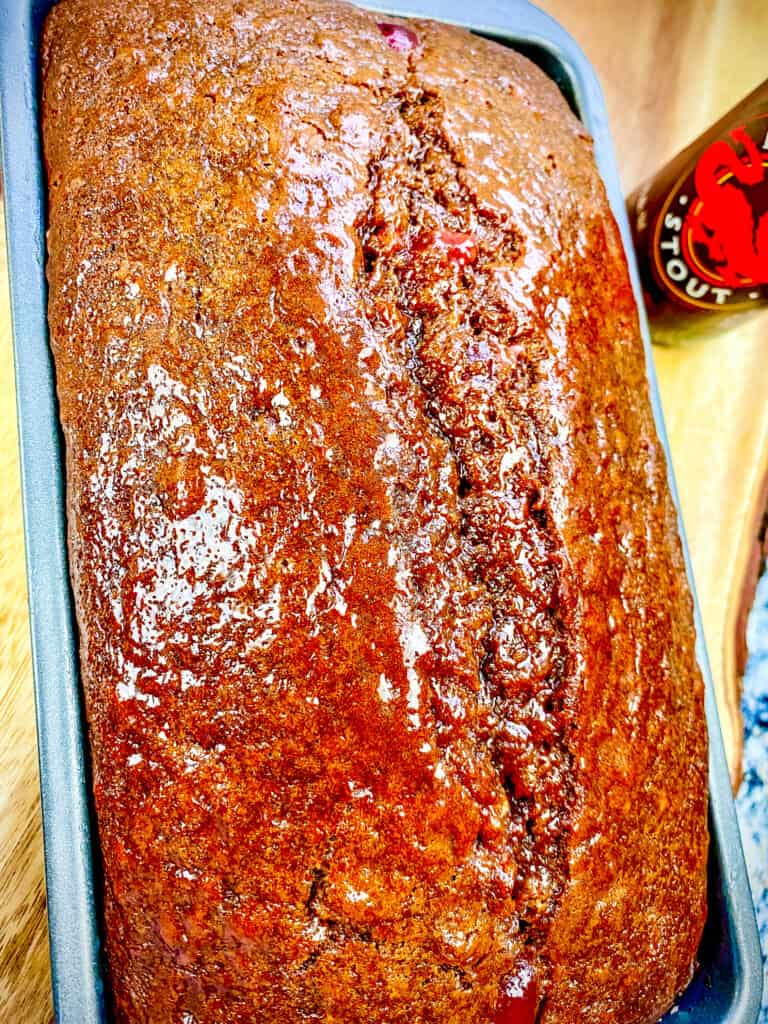
How Long Does The Easter Bun Last in the Freezer?
When stored properly in the freezer, the Jamaican Easter Bun can last for up to 6 months. Defrost completely before eating either by leaving it in the fridge overnight or reheating it in the oven at a low temperature.
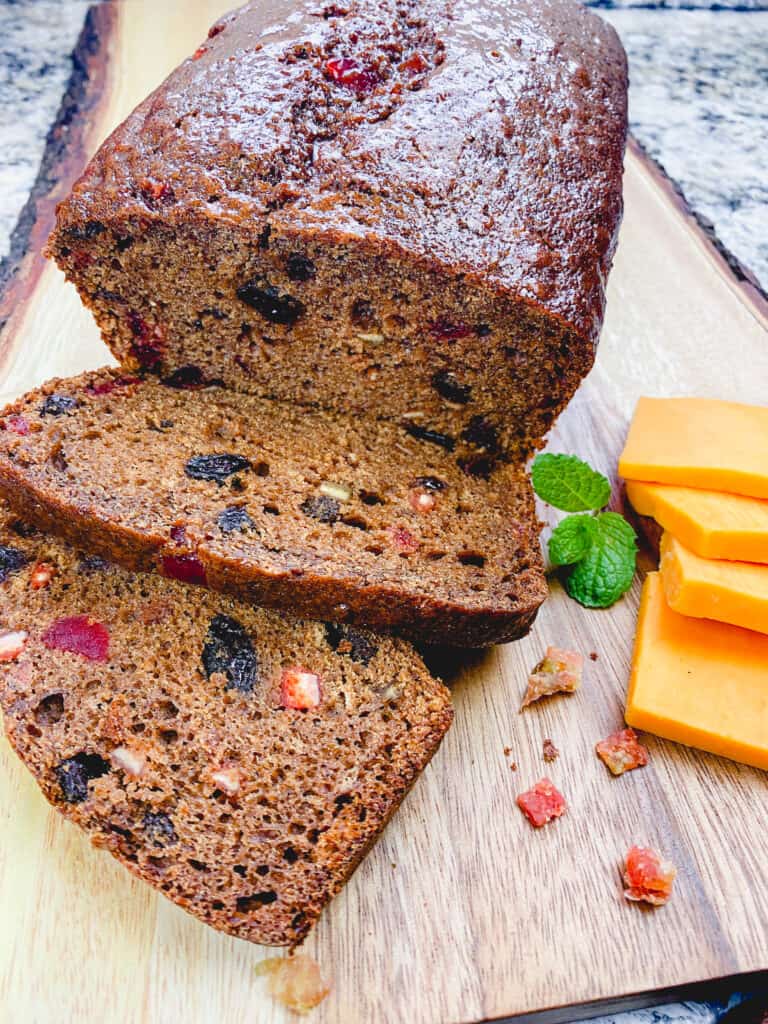
Bottom Line
Congratulations, you’ve now mastered the art of making Jamaican Easter Bun! 💃🏾With these tips, variations, and ingredient breakdowns, you’re well-equipped to create the perfect bun every single time, no matter your dietary restrictions or ingredient preferences. For tips on how to make this recipe vegan, gluten-free, low-sugar, or sorrel-flavored check out our variation instructions here.
Whether you’re sharing it with friends and family or enjoying it on your own, the Jamaican Easter Bun is a delicious and traditional treat that is sure to delight your taste buds. Don’t keep this recipe to yourself – share it with others and spread the joy of Jamaican cuisine. And if you make this recipe, be sure to leave a comment and rate it to let us know how it turned out! 🫶🏾xx
Kraving More?
Explore The Recipe Index or try out some of my other delicious Easter recipes for more krave-worthy eats!


Key Equipment/Products Use
 Buy Now →
Buy Now → 
Nonstick Baking Loaf Pan Set, 9X5″
Buy Now → Buy Now →
Buy Now →  Buy Now →
Buy Now → 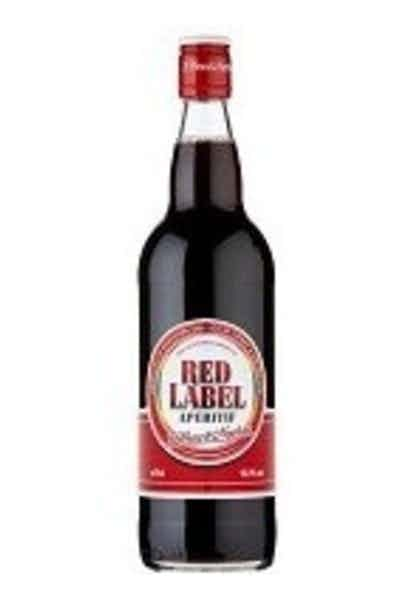 Buy Now →
Buy Now → 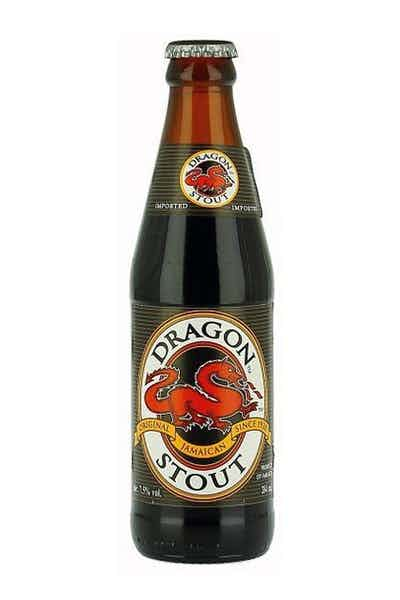 Buy Now →
Buy Now → 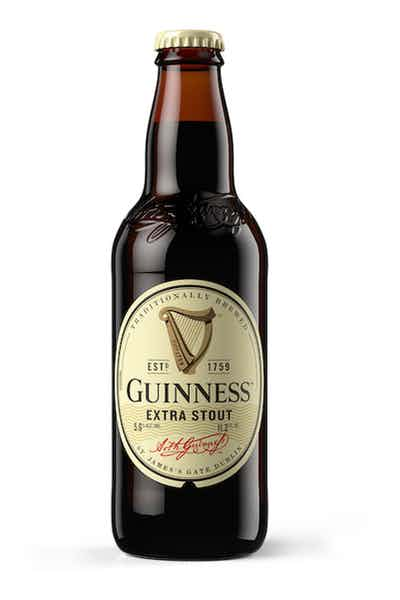 Buy Now →
Buy Now →  Buy Now →
Buy Now →  Buy Now →
Buy Now →  Buy Now →
Buy Now →  Buy Now →
Buy Now →  Buy Now →
Buy Now →  Buy Now →
Buy Now →  Buy Now →
Buy Now →  Buy Now →
Buy Now →  Buy Now →
Buy Now →  Buy Now →
Buy Now →  Buy Now →
Buy Now →  Buy Now →
Buy Now →  Buy Now →
Buy Now →  Buy Now →
Buy Now →  Buy Now →
Buy Now →  Buy Now →
Buy Now → Nutritional Disclaimer
kerriannskravings.com occasionally offers nutritional information for recipes contained on this site. This information is provided as a courtesy and is an estimate only. To obtain the most accurate representation of the nutritional information in any given recipe, you should calculate the nutritional information with the actual ingredients used in your recipe. For more information read our Nutritional Disclaimer.

